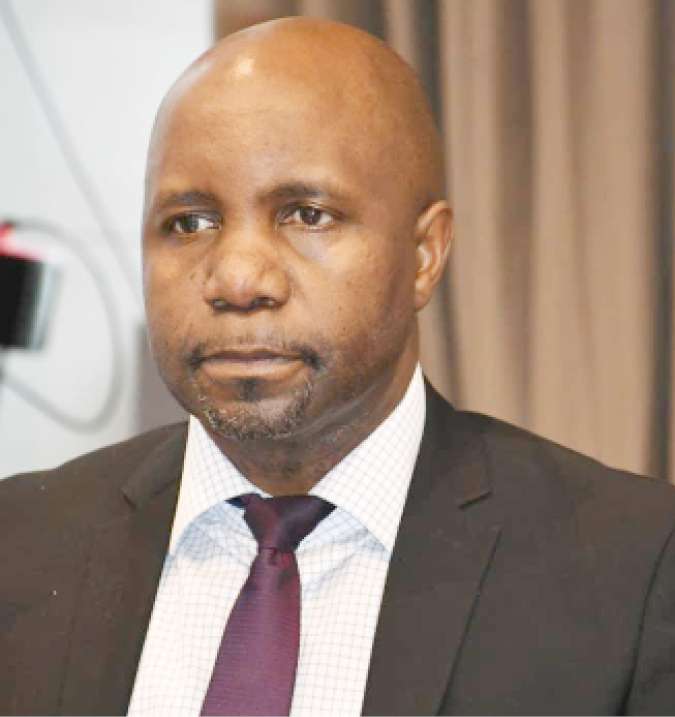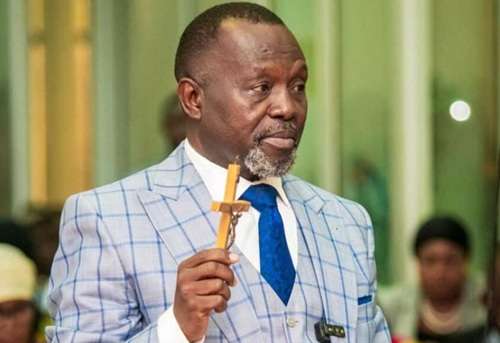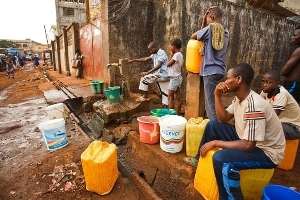Climate action has been slow in Africa as countries on the continent struggle to mobilize own resources, therefore warranting the need for innovative financing towards that end.
Conversations held by experts during the Africa Climate Week (September 26-29) centered on ‘actualizing climate action and green recovery for Africa’, with all in agreement that Africa’s climate efforts faces severe liquidity challenges.
Jean-Paul Adam, Director of Technology, Climate Change and Natural Resource Management at the Economic Commission for Africa (ECA) remarked:
“At both the national and global levels, the conversation is built around finance, because the COVID-19 pandemic has further narrowed the fiscal space available to African countries.”
Jean-Paul Adam
This has therefore meant that Africa is on the verge of being ‘left behind’ without urgent help to fund its climate ambitions.
He indicated it was crucial for developed countries to meet their US$100 billion climate finance pledge to help the most vulnerable in developing countries.
“The US$100 billion is just the first step, as we need to have a detailed schedule of resources that will be available for African countries to invest in a green recovery.”
Jean-Paul Adam

The ECA Director pointed out that Africa needs a predictable flow of resources that will be available in 2025 and beyond. “The African Union has paved the way for this with the adoption of an African green Stimulus programme in January of this year.”
Channeling financial flows into African Investments
ECA projects that African countries will lose an average of 2-5 percent of GDP in even moderate warming scenarios. For extremely vulnerable regions such as the Sahel, a loss of up to 15 percent is likely. For African islands, there is mention of limited built-in environmental and economic resilience.
Again, private sector financial flows can efficiently be channeled into African investments. “The support for African countries to issue green and blue bonds will be critical, including by de-risking such vehicles, recognizing that less than 1 percent of global green bond issuances are from Africa.”
Harsen Nyambe, Head of Environment, Climate Change, Water and Land Management at the AUC cited the low implementation rate of existing policies and strategies to mitigate the effects of climate change in Africa as a major challenge on the continent.

“Countries must not only agree to draft policies but implement them to win the war against climate change,” Mr Nyambe opined.
Leah Wanambwa, AUC’s Senior Policy Officer for Climate Change and Desertification Control said Africa’s battle against climate change is plagued by inadequate finances, health challenges, poverty, and weak institutions. She indicated, “countries should rethink their development models going forward,” citing Uganda’s Green Growth Development Strategy as a good example.
Martha Melesse, Senior Program Officer at the IDRC underscored the fact that women and girls have limited resources, information and technology to tackle climate change.
“Recovery path towards gender resilience should be gender sensitive for it to be a win-win situation through clean/renewable energy; climate-smart agriculture as African women provide 40% to crop production on the continent”
Martha Melesse
She highlighted the need for more data to guide policies and action on climate change and recovery on the continent, stating “we need to recognise existing barriers women face and what role they can play in the fight against climate change. Our recovery initiatives should be gender inclusive.”
Africa Climate Week builds momentum for a successful COP26. Rebuilding opens an opportunity to address social inequalities and invest in economic development that is good for humanity and nature.
READ ALSO: Ghana Among Top Five FDI Recipients in Africa in The Past Decade





















